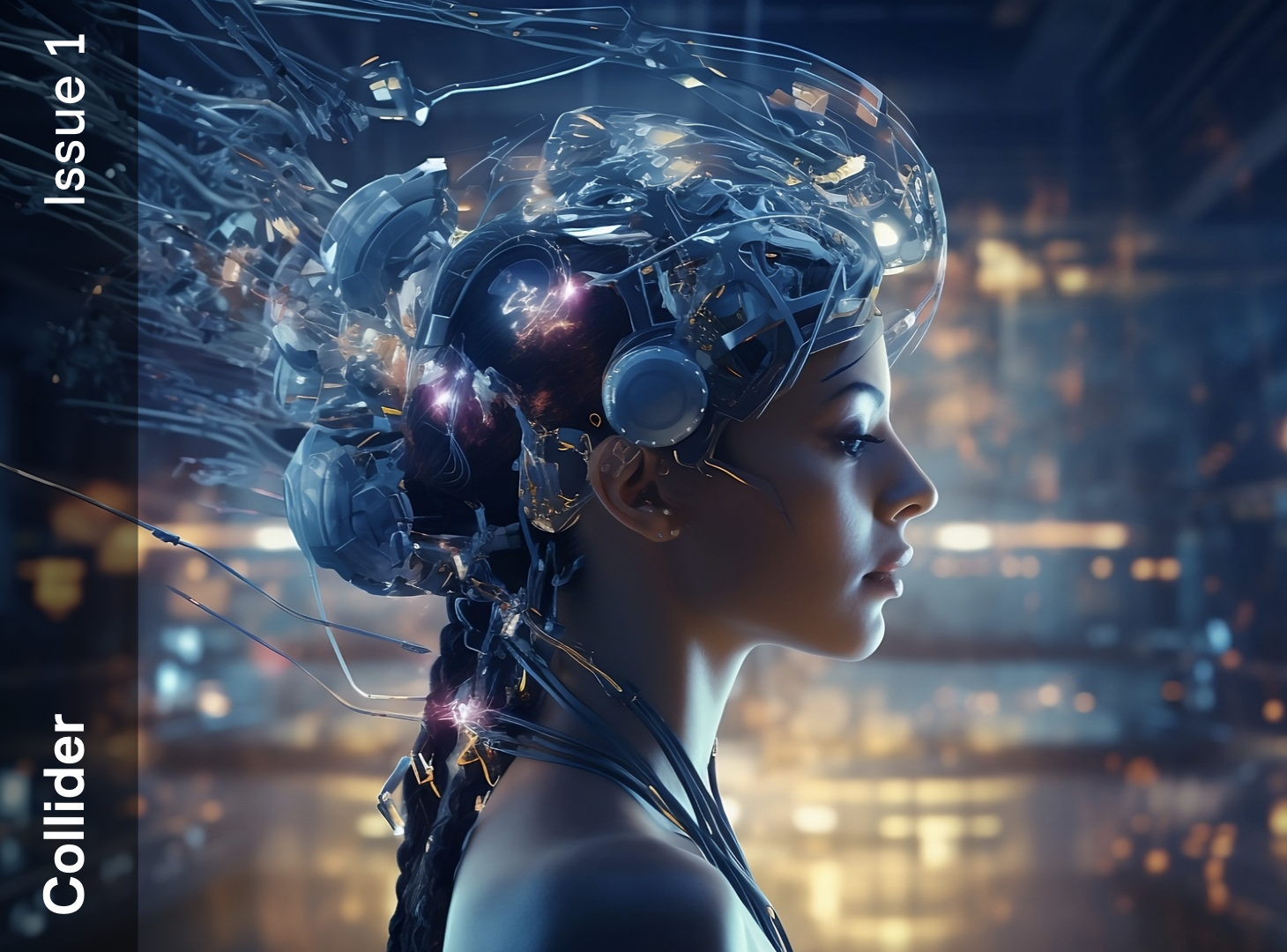DIKW

The DIKW is a core framework of Personal Knowledge Management (PKM) & Information Science. It maps the flow of our cognitive processing.
Short video intro
In details
Let's start from DATA:
- Raw
- Unprocessed
- Unfiltered
observations, facts & readings.
As modern knowledge workers, we're immersed in a constant flow of data.
We choose what to filter & process.
This marks the shift to INFORMATION.
We structure / filter / interpret data.
We create specific representations (charts, tables, dashboards).
They help us to recognize patterns & separate signals from noise.
This is information!
Patterns/signals derived from single or multiple data sources.
Information implies order & organization.
Yet, only limited context.
When we start contextualizing information further, we begin our progression toward KNOWLEDGE.
Knowledge implies internalization & understanding of the information.
The whole idea of knowledge management refers to the practice of managing knowledge cues AND/OR information. Everything you store in your knowledge system either prompts you to get back to what you already understand OR facilitates new knowledge to emerge.
Knowledge makes information meaningful.
We start seeing casual & other relationships between pieces/objects/phenomena that make sense to you.
We form better explanations of the subject that we are working on. Coherent models start to emerge.
This leads us to WISDOM.
Wisdom is all about integration & action.
It implies deeper understanding & fine-grained reasoning.
Wise people:
- Are able to apply general frameworks.
- Can reason both using first principles and analogies.
- Their judgments are accurate and reliable.
Knowledge here is deeply internalized to the point that it looks & feels like intuition.
Wisdom gives us the abilities to perform complex tasks without significant cognitive effort.
It enables:
- Better decision-making
- Problem-solving
- Synthesis
- Anticipatory thinking.
Important considerations
DIKW is foundational framework
Many frameworks are based on DIKW.
If you look, for example on, at Tiago Forte's CODE framework, it is basically implemented on top of DIKW.
Stages are highly correlated.
Never linear
In our cognitive processing, we rarely go from stage to stage in a sequential manner.
The process is somewhat iterative and messy.
We move back and forth between stages: acquiring and processing new data, applying & updating your current knowledge.
Related articles


